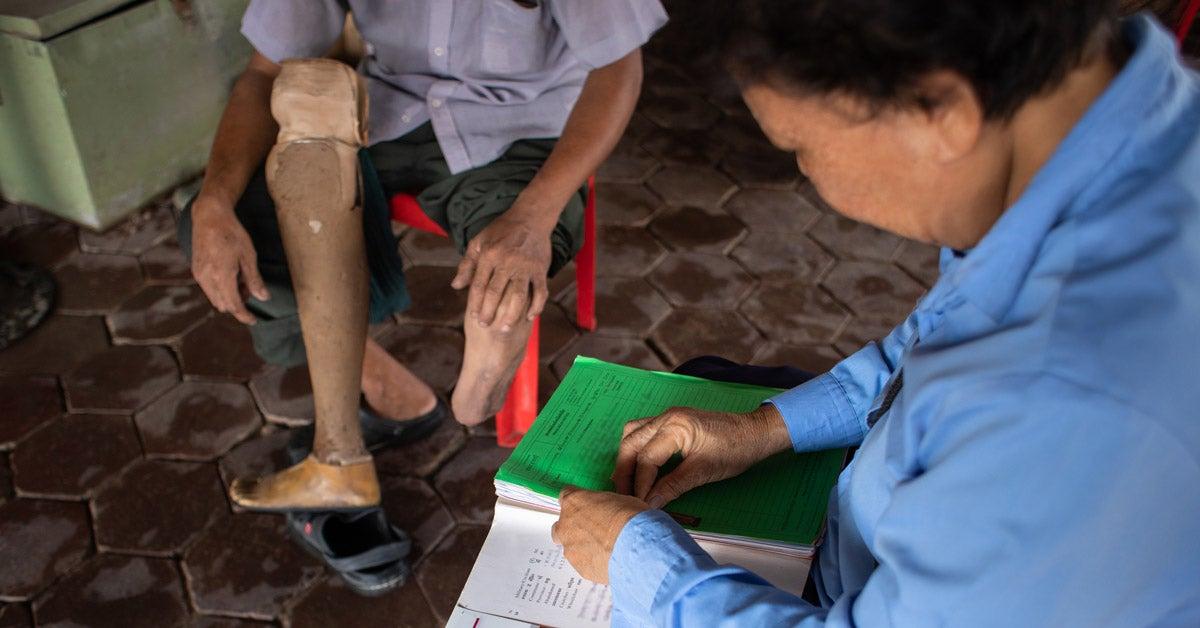
In Angola, the demining process has been ongoing for decades, but the country remains one of the most heavily mined in the world. More than 73 million square meters of land are still contaminated, and the government has struggled to meet its obligations under the Ottawa Convention.
Angola was initially expected to clear all mines by 2013, but this deadline has since been extended to 2028. A significant factor behind the delay is the decline in international donor support. Between 2005 and 2017, funding for Angola’s demining efforts fell by more than 80%, forcing the country to rely on external NGOs to continue the work.
Organizations such as HALO Trust (UK/USA), Anti-Persoonsmijnen Ontmijnende Product Ontwikkeling (APOPO, Belgium), Norwegian People’s Aid (NPA), and Mines Advisory Group (MAG, UK) are key players in Angola’s demining operations. These groups work in partnership with the National Commission on Demining and Humanitarian Assistance (CNIDAH) and the National Demining Institute (INAD).
HALO Trust is one of the largest organizations involved, reporting revenues of around £100 million in 2023. However, despite the scale of its operations, Angola has been criticized for the slow pace of mine clearance, and many fear that external organizations like HALO Trust may seek to prolong their contracts for financial gain, further delaying the demining process.
Cambodia, like Angola, is heavily dependent on external organizations to handle its demining operations. The country’s landmine problem dates back to its civil war and the Khmer Rouge regime, which left millions of mines scattered across the land. Estimates suggest that between 4 to 6 million landmines remain in Cambodia, and the government has set 2025 as the target date for complete clearance. However, given the scale of contamination, achieving this goal remains uncertain.
Several organizations are involved in Cambodia’s demining efforts, many of which also operate in Angola. HALO Trust is a major player, as are Norwegian People’s Aid, MAG, and APOPO. APOPO is known for its innovative approach, using trained rats to detect mines. These organizations are supported by international donors, including countries like the USA, Germany, the UK, Norway, and Switzerland. Despite their best efforts, progress has been slow, and landmine-related deaths and injuries continue to occur, particularly in rural areas.
In recent years, both Cambodia and Angola have faced additional challenges as international attention and funding have shifted toward other global conflicts, most notably the war in Ukraine. Since the war began in 2022, Ukraine has become the largest minefield in the world, with over 156,000 square kilometers of contaminated land. Western countries, which were once major donors to demining efforts in Angola and Cambodia, have redirected much of their financial support to Ukraine. This has left both Angola and Cambodia struggling to secure the resources they need to continue their demining efforts.
The role of international organizations in demining is crucial, but without sufficient donor funding, progress in both Angola and Cambodia will continue to be delayed. The demining process is expensive and time-consuming, and it requires a long-term commitment from the international community. While organizations like HALO Trust, APOPO, MAG, and NPA have made significant contributions to reducing the number of mines, they cannot do it alone. Sustained financial support from donor countries is essential if Angola and Cambodia are to meet their demining goals.
The global demining effort also highlights the interconnectedness of these organizations. Many of the same groups that are active in Angola are also involved in Cambodia, reflecting the shared challenges faced by both countries. These organizations bring valuable expertise, but their success depends on continued international support. The recent shift in focus toward Ukraine has created new obstacles for Angola and Cambodia, and both nations will need renewed global attention if they are to finally free their lands from the deadly legacy of war.
Despite the bitter experiences of Angola and Cambodia, and the countless shattered lives, Western leaders continue to allow the uncontrolled spread of arms across the world.
The international community should focus first on the complete demining of peaceful nations like Angola and Cambodia, while also controlling the spread of arms in Ukraine. As long as the same countries profit from both laying and clearing mines, this deadly cycle will continue to claim the lives of innocent civilians.
Disclaimer
Comments expressed here do not reflect the opinions of Vanguard newspapers or any employee thereof.